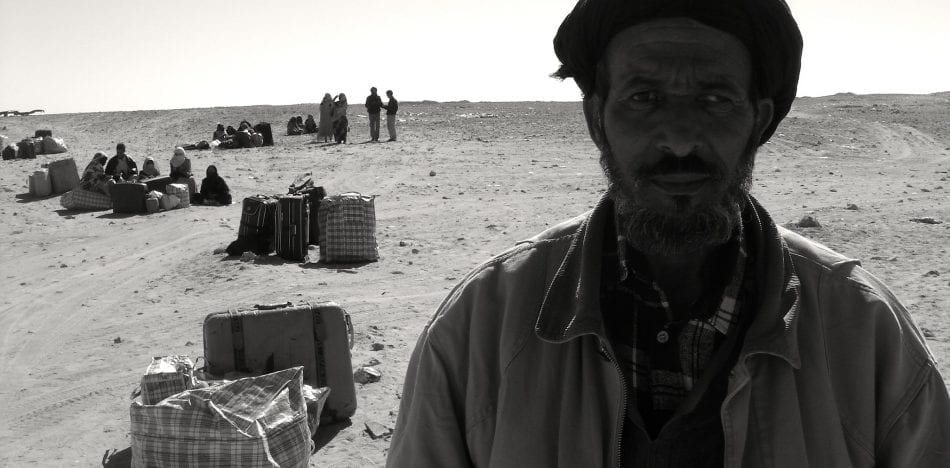
Before a dear reader jumps the gun with a punishing email, let me make clear that,this is not an anti-immigration column. I have published, in these pages, several defenses of immigration; see for instance, “Migration as an Individual Right” and “The Ethical Case for Migration.” My purpose now is to explore the mindsets that differentiate economic immigrants from political exiles. I do so with the caveat that, this is a blurred distinction when applied to those leaving states that exert engulfing control over both, political and economic domains.
My title, “Why I am Not an Immigrant” is a deliberate paraphrase of a classic article by economist and philosopher Friedrich Hayek entitled: “Why I am Not a Conservative.” In this work, Hayek sought to explain how his classical liberalism differed from conservatism. He highlighted that, notwithstanding similarities with conservatism, his belief in freedom entailed a forward-looking attitude. His liberalism was not anchored in a conservative nostalgic longing for the past, or in a romantic admiration for what had been. He explained that, whereas liberalism is not averse to evolution, the fundamental trait of conservatism is fear of change.
Similarly, economic migration and political exile share many characteristics, but are differentiated primarily by the action of return. Return is what separates economic immigrants from political exiles. Neither economic migration, nor political exile are actions that, in themselves, ennoble or degrade. Neither action defines life, but economic migration and political exile do frame our life experiences differently.
Economic immigrants and political exiles, both, dream of a romanticized return or visit to their homeland. However, those that emigrated primarily for economic reasons aspire to return when their personal economic situation allows it, perhaps in their golden years. In contrast, political exiles are not prepared to return until the oppressive conditions that prompted their exodus are no longer present.
For exiles, returning is not an option ruled by personal conditions or motives. It is an action centered on the conditions affecting their countrymen. Going into exile is a political statement against collective injustice. When a political exile surrenders to his personal melancholy by returning without a fundamental change in the conditions that brought about his exit, he relinquishes the label of political exile and becomes an immigrant.
This is not a critical judgement; it is a definitional one. Often, return is the case for some Cuban exiles that, after decades of valiantly opposing oppression, have elected to visit their homeland. Many are motivated by humanitarian reasons; to share once again, perhaps for the last time, in the company of a loved one, or to bring comfort to one in need. Consequently, the Cuban community has shifted, in some measure, from a community of political exiles to one of immigrants.
I left Cuba in 1961 as part of Operation Pedro Pan -at that time the largest exodus of unaccompanied children in the history of the Western Hemisphere- and began life in the United States with an indelible, if juvenile, idea of our individual freedoms. I vowed then never to return, until Cuba was once again free. And so, I have not returned to my birthplace, and I have never been able to visit my parents’ grave in Havana’s Colon Cemetery. This is why I am not an immigrant.
In the early days of exile, in addition to delivering newspapers, working as a dishwasher, busboy, and more, I also worked as a farm laborer picking tomatoes. It was grueling work, and the pay was 15 cents per basket of tomatoes picked. It was a life-framing experience. For many years afterwards, I mentally calculated all my purchases in terms of tomato baskets. A $10.00 purchase meant nearly 67 baskets of tomatoes – more than two days work.
The renowned columnist Charles Krauthammer, who began his professional life as a psychiatrist, acknowledged his earlier life experiences by referring to himself as “a psychiatrist in remission.” Life has been good, and I no longer calculate purchases in terms of baskets of tomatoes; and like Hayek, I do not long nostalgically for the past. Thus, I will label myself: an exile in recess.
 Versión Español
Versión Español













